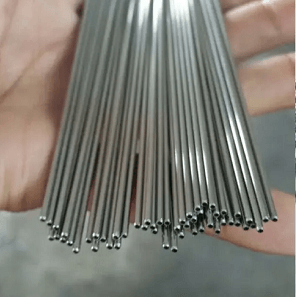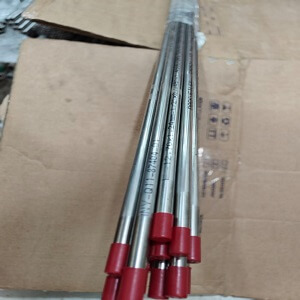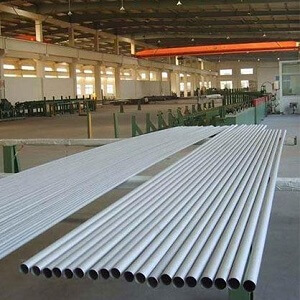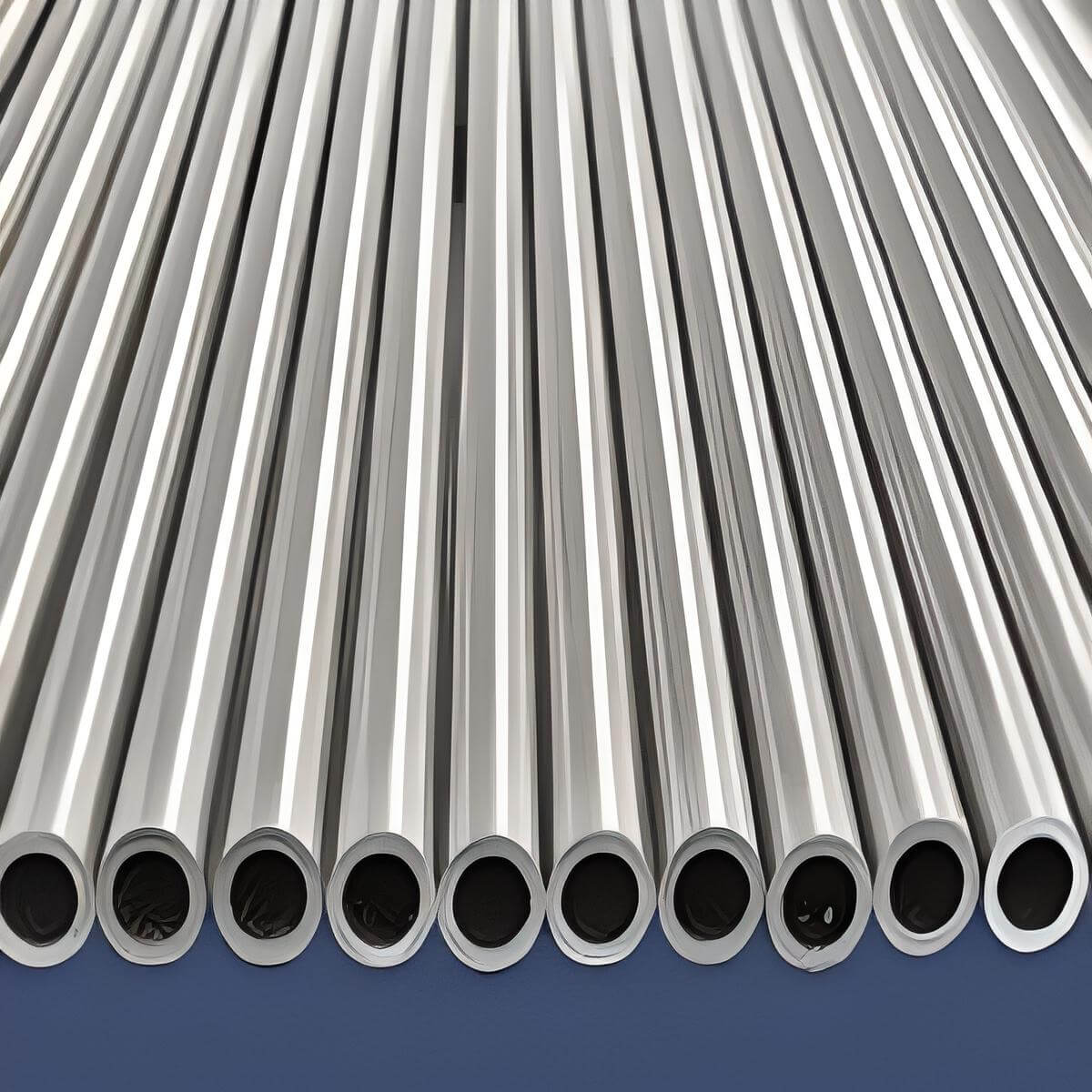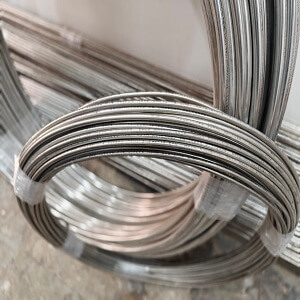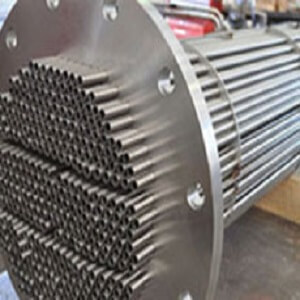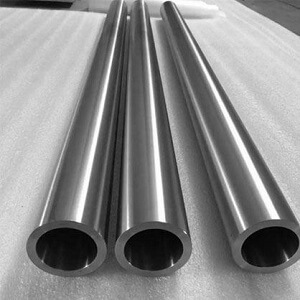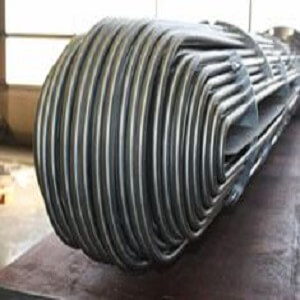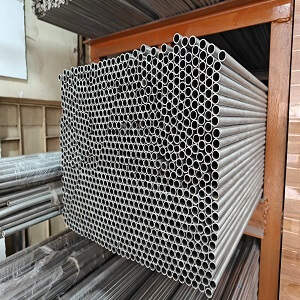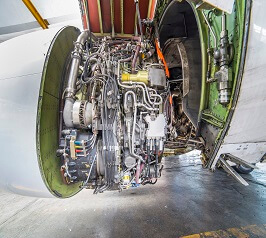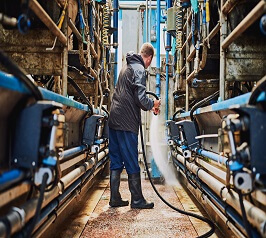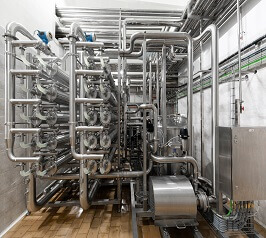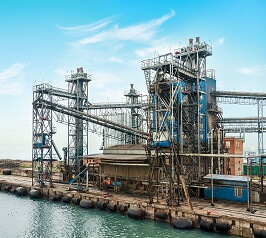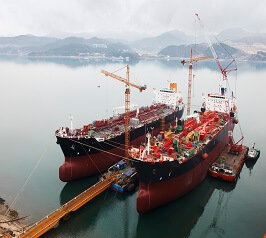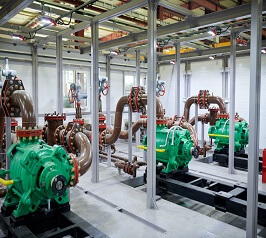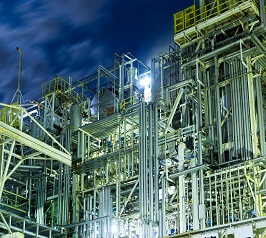Steel mechanical tubes play a role in numerous industries, such as construction, automotive, and manufacturing. These tubes are renowned for their durability, impressive strength, and remarkable resistance to corrosion – all thanks to the material they're made of, i.e., stainless steel.
The term "mechanical" signifies that these tubes are specifically designed to withstand kinds of stress. Whether its pressure bending or force applied during handling and operation steels remarkable strength to weight ratio allows these tubes to endure stress without compromising their structural integrity.
One noteworthy characteristic of steel is its resistance to corrosion, making these tubes suitable for use in environments even if they are corrosive or high in humidity. This property also extends the lifespan of the tubes, reducing the need for maintenance or replacements.
The manufacturing process of steel tubes involves meticulous craftsmanship that ensures smooth interiors and uniform wall thickness. This enhances their ability to handle external pressures effectively. Additionally these tubes come in sizes, shapes and wall thicknesses to provide design flexibility, for applications.
Different grades of steel are utilized in the production of these tubes. The choice of which grade to use generally depends on the requirements of the application. For instance the 304 grade is often preferred due to its versatility and its ability to be easily shaped and welded. On the other hand the 316 grade is chosen for its increased resistance to corrosion against chlorides.
Steel mechanical tubes represent a combination of durability, versatility and resistance to corrosion. With their construction and ability to withstand environments these tubes are crucial components, across various industries. Ultimately, their usage helps improve efficiency and prolong the lifespan of systems and structures.



